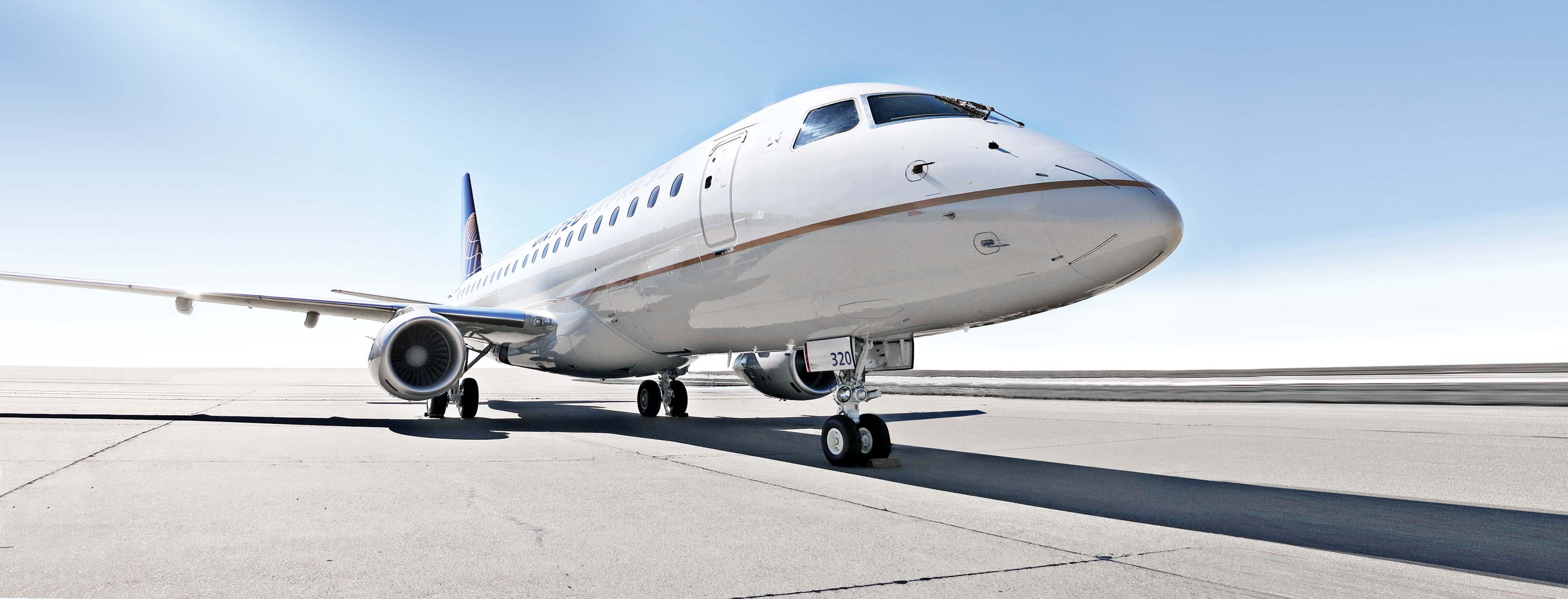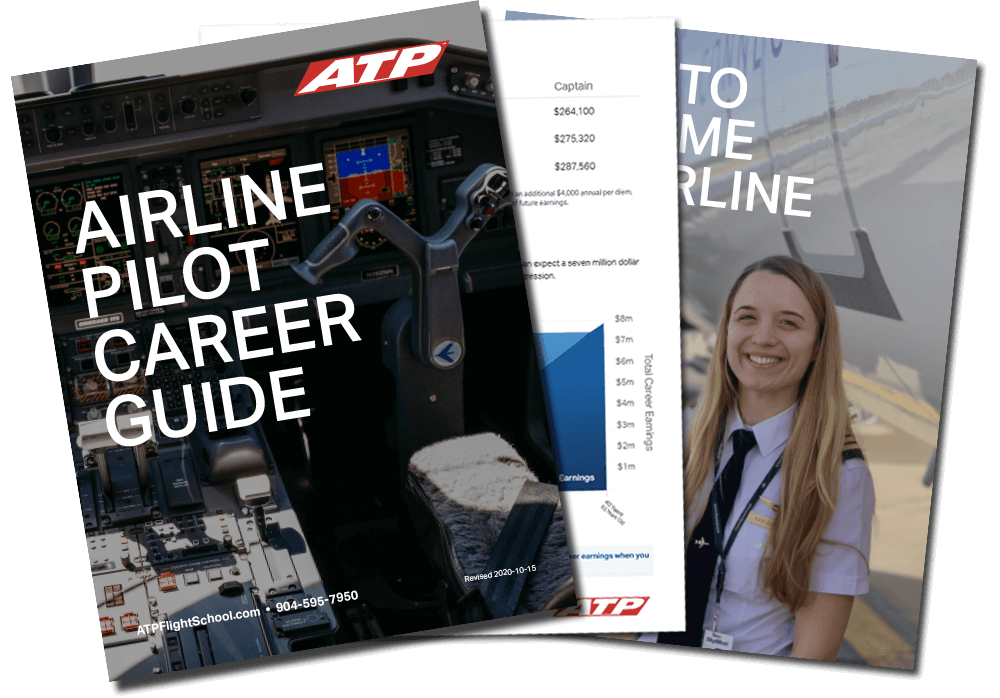 Jet fuel prices rose over 53% as oil prices increased to above $100 per barrel, attributable to the civil unrest in the Middle East. Even with the sharp rise in fuel prices, airline passenger traffic has increased significantly, attributable to a strong revival in the economy. The industry has also seen improved performances on the heels of increased air fares and higher revenues collected from extra fees.
It is estimated that Uinted States’ air carriers will be able to combat 65-70% of the increase in energy costs with higher revenues in 2011 and 2012. Many major airlines increased their ticket costs by as much as 30% since the beginning of the year.
Many Airlines protect themselves from spiking fuel charges via "fuel hedging." A fuel hedge contract commits an airline to paying a pre-determined price for future fuel purchases. Airlines enter into these contracts assuming that future fuel prices will be higher than current prices.
To be clear, although volatile oil prices cause concern the airline industry appears poised to remain profitable and expanding to meet the increased demand for air travel in the United States. With expansion comes the need for airlines to increase the recruiting of new pilots into the industry. The shortage of new pilots entering the industry is a concern that may eclipse volatile oil prices in the future.
Jet fuel prices rose over 53% as oil prices increased to above $100 per barrel, attributable to the civil unrest in the Middle East. Even with the sharp rise in fuel prices, airline passenger traffic has increased significantly, attributable to a strong revival in the economy. The industry has also seen improved performances on the heels of increased air fares and higher revenues collected from extra fees.
It is estimated that Uinted States’ air carriers will be able to combat 65-70% of the increase in energy costs with higher revenues in 2011 and 2012. Many major airlines increased their ticket costs by as much as 30% since the beginning of the year.
Many Airlines protect themselves from spiking fuel charges via "fuel hedging." A fuel hedge contract commits an airline to paying a pre-determined price for future fuel purchases. Airlines enter into these contracts assuming that future fuel prices will be higher than current prices.
To be clear, although volatile oil prices cause concern the airline industry appears poised to remain profitable and expanding to meet the increased demand for air travel in the United States. With expansion comes the need for airlines to increase the recruiting of new pilots into the industry. The shortage of new pilots entering the industry is a concern that may eclipse volatile oil prices in the future.
Airlines Soar In Spite of Spike in Oil Prices
Published Apr 14, 2011 on Pilot Jobs
FREE Airline Pilot Career Guide. — Requirements, Pay, Steps and More. Download Now »
The United States Airline industry has performed very well as of late, with many airlines reporting a speedy return to profitability after deep losses related to the worst economic recession in 80 years. The airlines are benefiting from a return in travel demand. Going forward airline industry experts expect airlines to solidify their turnaround despite rising fuel prices according to The Bedford Report, which examines the outlook for companies in the Major Airlines .
 Jet fuel prices rose over 53% as oil prices increased to above $100 per barrel, attributable to the civil unrest in the Middle East. Even with the sharp rise in fuel prices, airline passenger traffic has increased significantly, attributable to a strong revival in the economy. The industry has also seen improved performances on the heels of increased air fares and higher revenues collected from extra fees.
It is estimated that Uinted States’ air carriers will be able to combat 65-70% of the increase in energy costs with higher revenues in 2011 and 2012. Many major airlines increased their ticket costs by as much as 30% since the beginning of the year.
Many Airlines protect themselves from spiking fuel charges via "fuel hedging." A fuel hedge contract commits an airline to paying a pre-determined price for future fuel purchases. Airlines enter into these contracts assuming that future fuel prices will be higher than current prices.
To be clear, although volatile oil prices cause concern the airline industry appears poised to remain profitable and expanding to meet the increased demand for air travel in the United States. With expansion comes the need for airlines to increase the recruiting of new pilots into the industry. The shortage of new pilots entering the industry is a concern that may eclipse volatile oil prices in the future.
Jet fuel prices rose over 53% as oil prices increased to above $100 per barrel, attributable to the civil unrest in the Middle East. Even with the sharp rise in fuel prices, airline passenger traffic has increased significantly, attributable to a strong revival in the economy. The industry has also seen improved performances on the heels of increased air fares and higher revenues collected from extra fees.
It is estimated that Uinted States’ air carriers will be able to combat 65-70% of the increase in energy costs with higher revenues in 2011 and 2012. Many major airlines increased their ticket costs by as much as 30% since the beginning of the year.
Many Airlines protect themselves from spiking fuel charges via "fuel hedging." A fuel hedge contract commits an airline to paying a pre-determined price for future fuel purchases. Airlines enter into these contracts assuming that future fuel prices will be higher than current prices.
To be clear, although volatile oil prices cause concern the airline industry appears poised to remain profitable and expanding to meet the increased demand for air travel in the United States. With expansion comes the need for airlines to increase the recruiting of new pilots into the industry. The shortage of new pilots entering the industry is a concern that may eclipse volatile oil prices in the future.
 Jet fuel prices rose over 53% as oil prices increased to above $100 per barrel, attributable to the civil unrest in the Middle East. Even with the sharp rise in fuel prices, airline passenger traffic has increased significantly, attributable to a strong revival in the economy. The industry has also seen improved performances on the heels of increased air fares and higher revenues collected from extra fees.
It is estimated that Uinted States’ air carriers will be able to combat 65-70% of the increase in energy costs with higher revenues in 2011 and 2012. Many major airlines increased their ticket costs by as much as 30% since the beginning of the year.
Many Airlines protect themselves from spiking fuel charges via "fuel hedging." A fuel hedge contract commits an airline to paying a pre-determined price for future fuel purchases. Airlines enter into these contracts assuming that future fuel prices will be higher than current prices.
To be clear, although volatile oil prices cause concern the airline industry appears poised to remain profitable and expanding to meet the increased demand for air travel in the United States. With expansion comes the need for airlines to increase the recruiting of new pilots into the industry. The shortage of new pilots entering the industry is a concern that may eclipse volatile oil prices in the future.
Jet fuel prices rose over 53% as oil prices increased to above $100 per barrel, attributable to the civil unrest in the Middle East. Even with the sharp rise in fuel prices, airline passenger traffic has increased significantly, attributable to a strong revival in the economy. The industry has also seen improved performances on the heels of increased air fares and higher revenues collected from extra fees.
It is estimated that Uinted States’ air carriers will be able to combat 65-70% of the increase in energy costs with higher revenues in 2011 and 2012. Many major airlines increased their ticket costs by as much as 30% since the beginning of the year.
Many Airlines protect themselves from spiking fuel charges via "fuel hedging." A fuel hedge contract commits an airline to paying a pre-determined price for future fuel purchases. Airlines enter into these contracts assuming that future fuel prices will be higher than current prices.
To be clear, although volatile oil prices cause concern the airline industry appears poised to remain profitable and expanding to meet the increased demand for air travel in the United States. With expansion comes the need for airlines to increase the recruiting of new pilots into the industry. The shortage of new pilots entering the industry is a concern that may eclipse volatile oil prices in the future.

